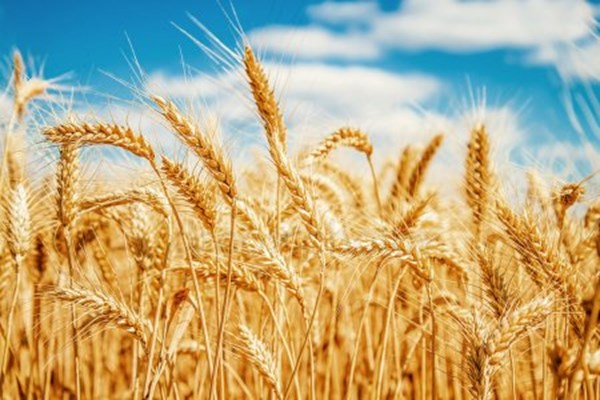North Korea asks Russia for 50 tons of free wheat
The Democratic People's Republic of Korea (DPRK) has asked Russia for humanitarian aid in the form of 50,000 tons of wheat, claiming that it was needed because of damage caused by natural disasters in 2018, said the Chair of the Foreign Affairs Committee of the Federation Council, Senator Konstantin Kosachev as quoted by TASS. According to Kosachev, Russia also intends to help North Korea overcome child and maternal mortality .
“Now, as I was informed, Russian authorities are working on the Koreans’ appeal about the donation of 50,000 tons of wheat to cover the damage caused by natural disasters last year,” said the senator during a meeting with North Korean Ambassador to Russia Kim Hyung Jun. The senator hopes that a solution will be found.
He added that both sides are also discussing a railway communication project linking both countries and providing work opportunities for North Korean workers in Russia, in accordance with the decisions of the UN Security Council.
He explained that Russia continues to provide humanitarian aid to the DPRK under the United Nations World Food Program. Kosachev estimated Russia’s contributions over the past years at eight billion rubles or approximately $122 million.
The Russian senator also emphasized that the trade and economic relations between Russia and the DPRK are “clearly not on the rise.” “Of course, it’s a result of the sanctions imposed on the DPRK,” he explained. Kosachev added that Russia is against additional unilateral sanctions imposed by some countries against the DPRK. According to him, Russia “has never done it nor is going to.”
This is not the first time that North Korea has asked for wheat as humanitarian aid. In 2014, Russia also allocated 50,000 tons of wheat to the DPRK.
Earlier, Rusprodsoyuz, the Association of Russian Producers and Suppliers of Food Products warned that bread prices in Russia may increase severely due to the rising cost of wheat flour. Grain became more expensive due to the harvest decrease from 135.4 million tons in 2017 to 110 million tons in 2018.
